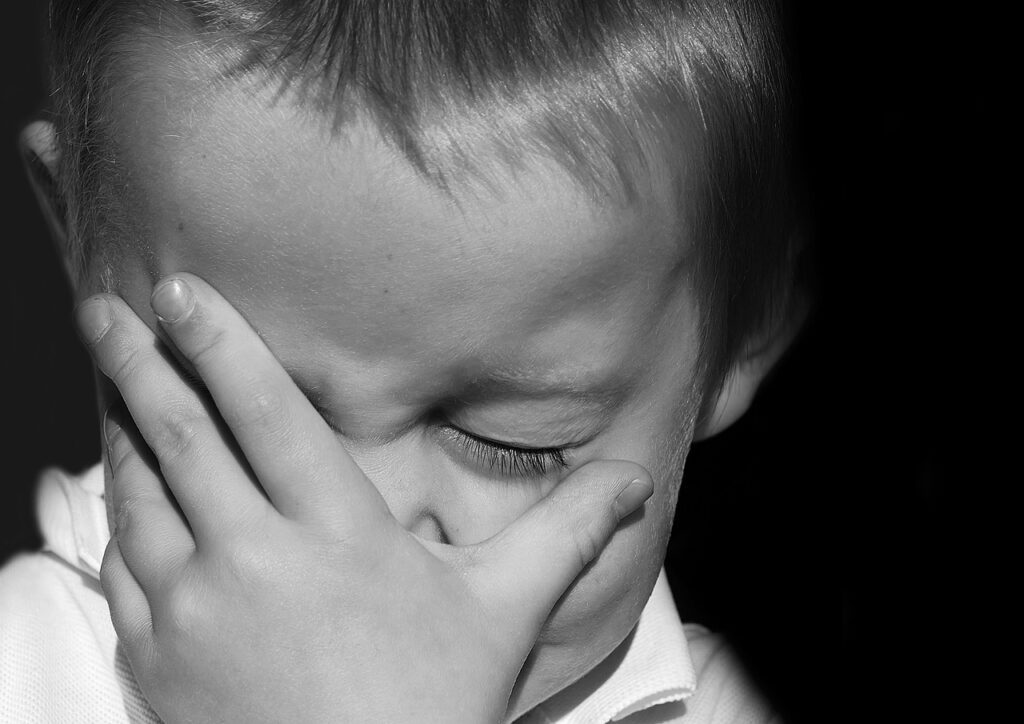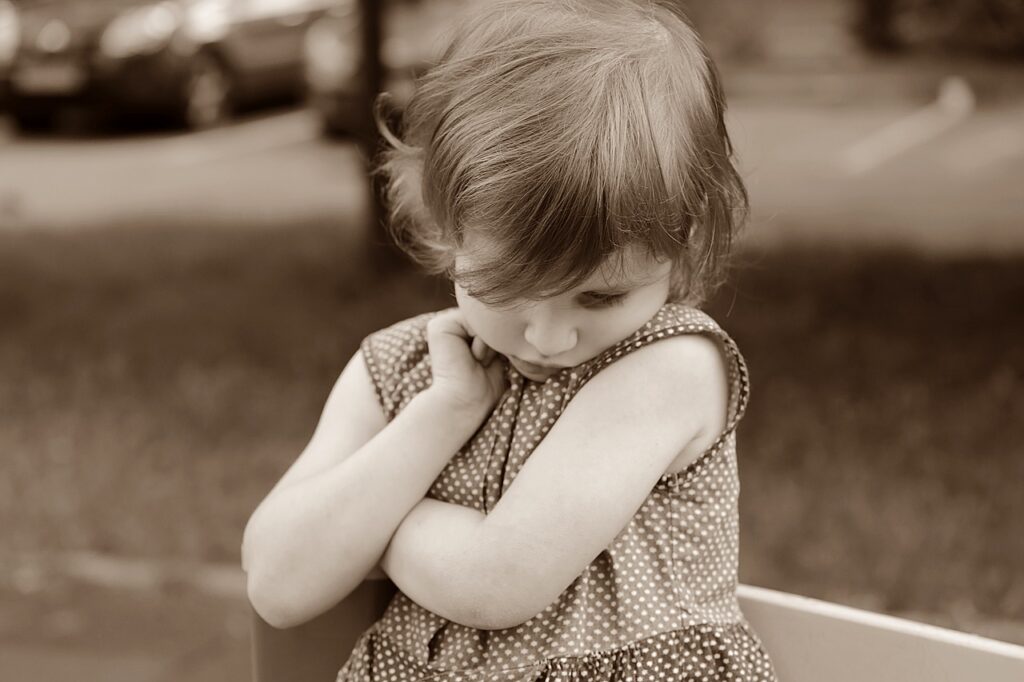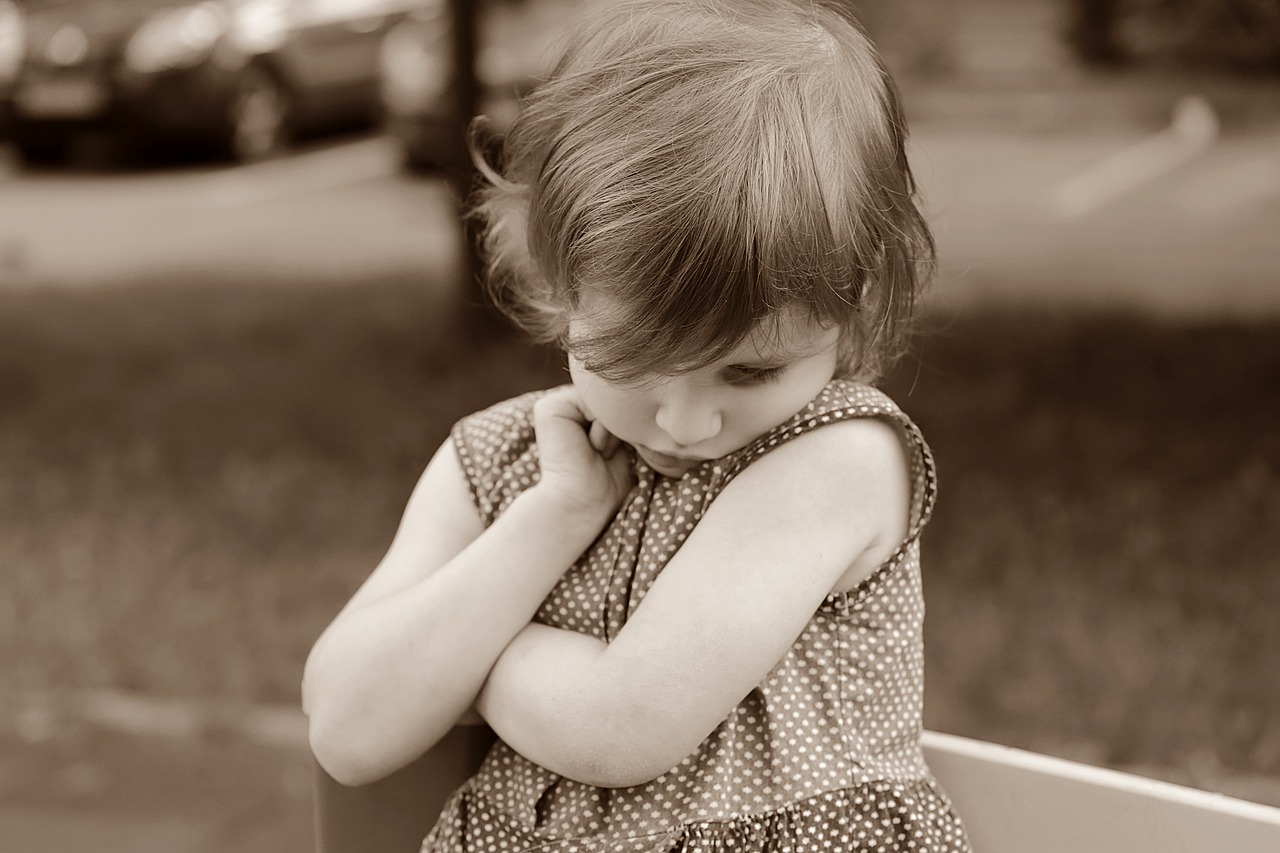A brief overview
This is a short summery for those who don’t have time to view a more in-depth view in my blogs or website .

Emotional abuse in children refers to a pattern of behavior by adults or caregivers that involves consistently undermining a child’s emotional well-being, self-esteem, and mental health. It is a form of child maltreatment that can have serious and long-lasting negative effects on a child’s development and overall mental health. Emotional abuse can occur independently or alongside other forms of abuse, such as physical or sexual abuse, but it can also be a standalone issue.
Examples of emotional abuse in children include:
- Constant Criticism and Humiliation: Consistently belittling, ridiculing, or shaming a child can damage their self-esteem and sense of self-worth. We all know this to be instinctively true , we know even as adults with fully formed brains how criticism , especially from someone we love affects us . Imagine being a child and that criticism being constant and for you to have little other experience to counter it.
- Rejection and Isolation: Ignoring a child’s emotional needs, isolating them from friends and family, or giving them the silent treatment can lead to feelings of abandonment and social withdrawal. Children need to know their needs will be met , they need certainty and security
- Terrorizing: Threatening or terrorizing a child, whether through verbal threats, intimidation, or creating an environment of fear, can result in extreme anxiety and emotional distress.
- Emotional Neglect: Failing to provide emotional support, love, and care for a child can leave them feeling unloved and emotionally detached. Neglect can be physical or Emotional .
- Excessive Control: Exerting excessive control over a child’s life, choices, and activities can stifle their independence and autonomy, leading to feelings of helplessness and anxiety.
- Blaming and Guilt-Tripping: Holding a child responsible for the caregiver’s emotions or using guilt to manipulate them emotionally can create a distorted sense of responsibility and self-blame.
- Parentification: Forcing a child to take on the role of a caregiver, confidant, or emotional support for the parent can lead to reversed roles and a lack of healthy boundaries.
- Comparisons and Favoritism: Constantly comparing a child unfavorably to siblings or other children and showing obvious favoritism can lead to feelings of inadequacy and jealousy.
The effects of emotional abuse on children can be severe and long-lasting. They might experience low self-esteem, depression, anxiety, trust issues, difficulties forming healthy relationships, academic problems, and even engage in self-destructive behaviors. Identifying emotional abuse can be challenging, as there might be no visible physical signs. However, signs can include changes in behavior, withdrawal, aggressiveness, depression, anxiety, and regression in development.
If you suspect a child is experiencing emotional abuse, it’s important to take the matter seriously. Reach out to relevant authorities, such as child protective services or a trusted adult, and consider seeking professional help from therapists or counselors experienced in working with abused children. Early intervention can make a significant difference in a child’s well-being and future mental health.
One small part of my personal abuse ( I write this website and blog as a childhood trauma survivor ) was emotional , being told one minute you were special and the next your useless leads to unpredictability and low self esteem. It’s crazy but this plays out in our brains as adults , this and other types of abuse lead easily to depression and anxiety. Emotional abuse often was the precursor to other forms of abuse and I personally feel that is often the case for a lot of people . One type of abuse is often interweaved with another . The ACE Adverse Childhood Experience) study equates the amount and frequency of abuse to negative outcomes on a sliding scale , the more frequent or types the worse the problems associated with it . The Californian State Government has shown ( 2022, www.cfpic.com) that a child with 4 or more ACEs has a 1 in 6 chance of being a smoker , 1 in 6 of being an alcoholic , 1 in 6 chance of being an IV drug user and a 1 in 5 chance of attempting suicide .
If you want to know more , feel free to have a look at my blogs , written just as a survivor looking for answers.










Your article writing style is really impressive. Great stuff! I bookmarked it and will be sure to check it out later. Nowadays, I find that reading extremely interesting articles or reviews on the internet teaches me something new and difficult.